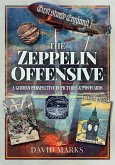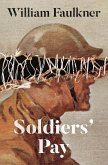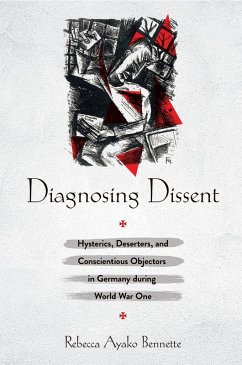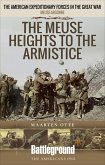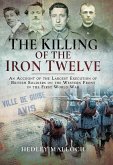"Lays bare the grim reality of life on a frontline squadron . . . the comprehensive physical, emotional, and mental decline these aviators endured." -Donna's Book Blog The young men who flew and fought during the First World War had no idea what was awaiting them. The "technology shock" that coalesced at the Western Front was not envisaged by any of the leadership or medical establishment. Despite the attendant horrors many men experienced, some felt that the dynamic context of aerial combat was something that, after the war, they still longed for . . . Doctors argued over best practice for treatment. Of course, the military wanted these men to return to duty as quickly as possible; with mounting casualties, each country needed every man. Aviation psychiatry arose as a new subset of the field, attempting to treat psychological symptoms previously unseen in combatants. The unique conditions of combat flying produced a whole new type of neurosis. Terms such as "Aero-neurosis" were coined to provide the necessary label yet, like shell shock, they were inadequate when it came to describing the full and complete shock to the psyche. Mark C. Wilkins finds the psychology undergirding historical events fascinating and of chief interest to him as an historian. He has included expert medical testimony and excerpts where relevant in a fascinating book that explores the legacies of aerial combat, illustrating the ways in which pilots had to amalgamate their suffering and experiences into their postwar lives. Their attempts to do so can perhaps be seen as an extension of their heroism. "An original and absorbing study of the psychological factors of the first air war." -Firetrench
Dieser Download kann aus rechtlichen Gründen nur mit Rechnungsadresse in A, B, BG, CY, CZ, D, DK, EW, E, FIN, F, GR, HR, H, IRL, I, LT, L, LR, M, NL, PL, P, R, S, SLO, SK ausgeliefert werden.



